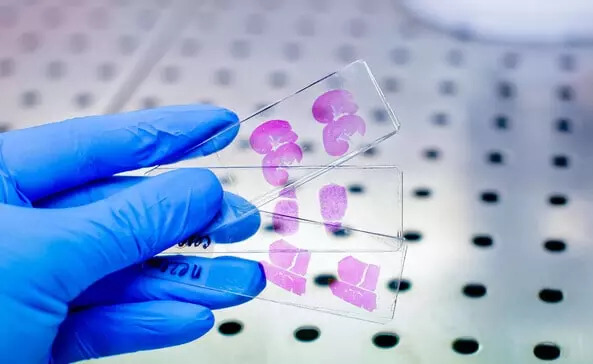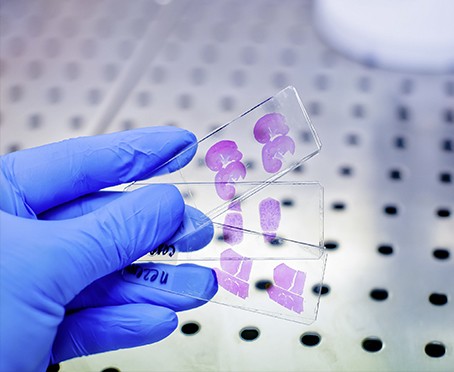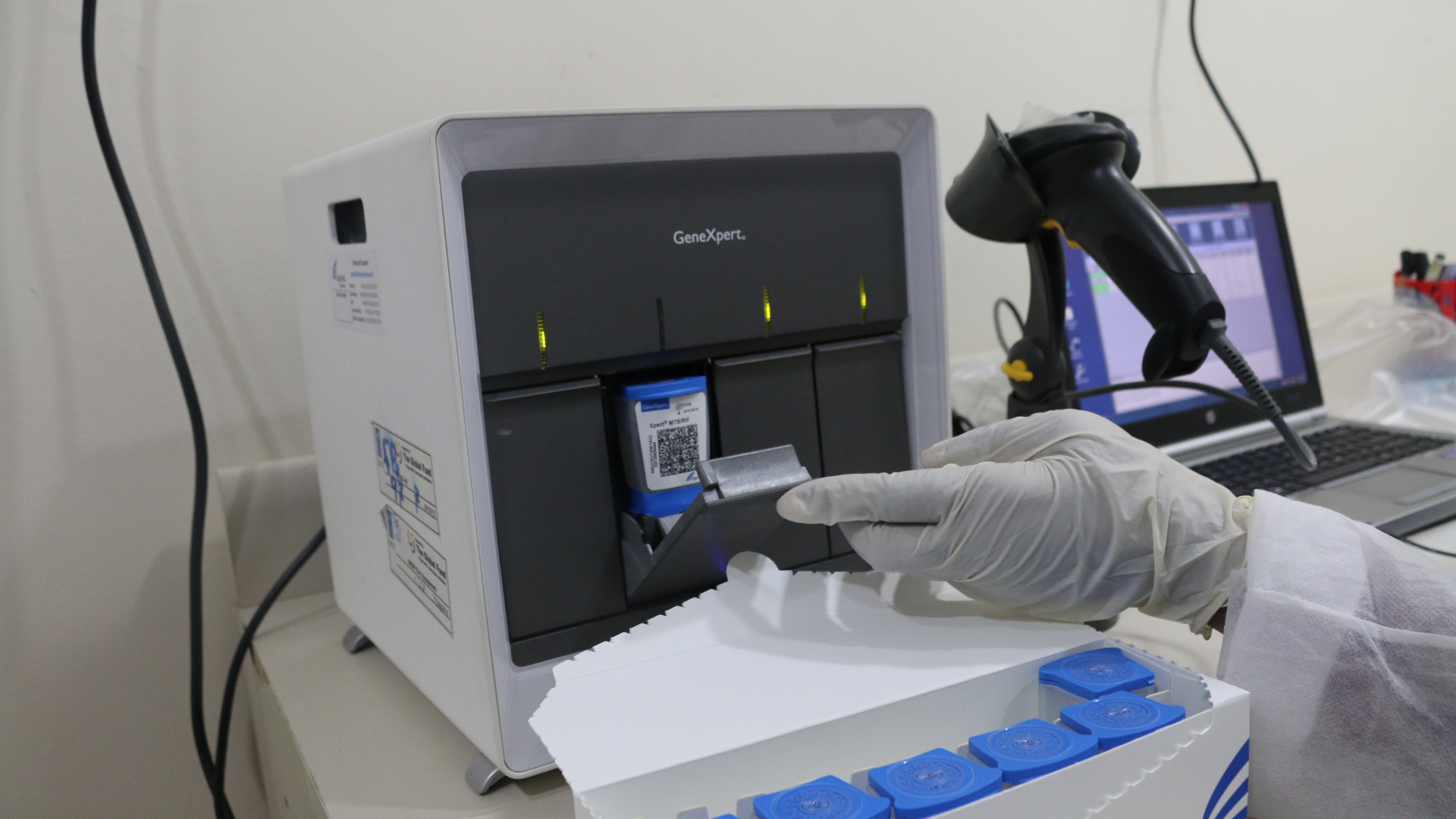
Immunohistochemistry (IHC) is an effective technique that has transformed how we understand and identify diseases at the cellular level in the field of current medical diagnostics. Understanding the importance of IHC is crucial for making well-informed decisions, whether you’re looking for the best pathology labs in Kolkata & Bhopal or need services from a diagnostic centre in Kolkata. We will discuss the specifics of the immunohistochemistry test in this blog, as well as its method and significance in diagnostic medicine.
Understanding Immunohistochemistry (IHC): A Tool for Disease Detection
Immunohistochemistry, or IHC, is a lab technique used by doctors to search for signs of illness in tissue samples. Doctors perform lab tests to diagnose medical conditions.
When diagnosing a health issue, a doctor might take a small piece of tissue and send it to a lab for examination. This process is called a biopsy. IHC is one way that lab experts, known as pathologists, analyze tissue samples.
IHC is the most common form of immunostaining. Immunostaining involves using special markers and antibodies to label specific parts of a tissue sample. This labelling makes it easier for pathologists to identify these parts.
Breaking down the word “immunohistochemistry” helps us understand what it does:
- Immuno: This part relates to your immune system. Your immune system identifies substances in your body called antigens. It creates antibodies to locate and eliminate antigens that shouldn’t be there, like viruses, bacteria, fungi, parasites, and cancer cells. IHC uses antibodies to find and attach to antigens in a tissue sample. These antibodies stain the sample so that when a pathologist looks at it under a microscope, they can see the antigens they’re connected to.
- Histo: This part refers to tissue. IHC is all about examining tissue samples.
- Chemistry: This word deals with studying the small building blocks of everything, including human tissue. Immunohistochemistry Procedure uses a microscope to reveal invisible antigens that might indicate diseases.
When Is Immunohistochemistry Used?
The immunohistochemistry test is done for a few important reasons:
Diagnosing Conditions: It helps doctors figure out if you have a disease, especially cancer. It can even tell them what type of cancer it is.
Understanding the Disease: IHC helps doctors know how risky or aggressive a cancer is. It also helps them see how far it has spread.
Treatment Planning: It predicts how your cancer might respond to treatments. For example, it can tell if a cancer needs hormones to grow, which helps doctors choose the right treatment.
Checking Treatment Progress: IHC helps doctors see if the treatments are working to get rid of the disease.
For Research: Scientists use IHC to learn more about how your body works at the tiniest level. They study cells and molecules to understand diseases better and find new treatments.
How Does an Immunohistochemistry Procedure Work?
Step 1: Sample Preparation
- Preserve the tissue using formalin to maintain its structure.
- Ensure antigens are accessible through antigen retrieval.
- Block similar structures to prevent antibody binding.
Step 2: Antibody Selection
- Choose either polyclonal or monoclonal antibodies.
- Polyclonal antibodies are a mix; monoclonal are identical.
Step 3: Detecting the Antigen
- Link antibodies to enzymes.
- Apply the antibody-enzyme mix to the tissue.
- Observe staining under a microscope, indicating the presence of the antigen.
Additional Note: Early IHC used fluorophores instead of enzymes, leading to immunofluorescence.
The Reliability of Immunohistochemistry: A Valuable Diagnostic Tool
When done correctly and under rigorous quality control measures, immunohistochemistry (IHC) stands as a dependable method for cancer diagnosis. Research findings suggest that IHC can accurately pinpoint the primary source of metastatic cancer with an impressive accuracy rate ranging between 70% to 90%.
In simple terms, IHC is a reliable and valuable tool when used meticulously, helping diagnostic centre in Kolkata & Bhopal in diagnosing and understanding various diseases, particularly in the context of cancer diagnosis.
Understanding the importance of immunohistochemistry is crucial whether you’re searching for the best pathology labs in Kolkata & Bhopal or visiting a diagnostic centre there. This method has changed how diseases are identified and treated, opening up new opportunities for medical research. Therefore, keep in mind the significant contribution of the immunohistochemistry test to understanding the secrets of the cellular world the next time you or a loved one needs a diagnostic test.


